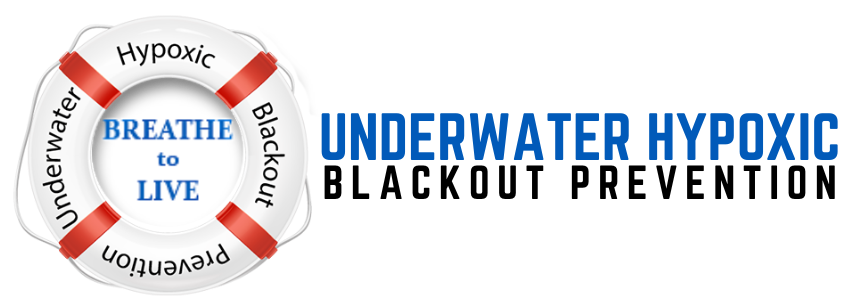Special thanks to Coach Bob Bowman for his time and support.
We appreciate you!
FULL TRANSCRIPT
Britt:
Hi. My name is Britt Jackson, executive director at Shallow Water Blackout Prevention, where our mission is to raise awareness about the dangers of prolonged underwater breath holding that can result in incidences and fatalities due to shallow water blackouts.
It's an exciting day here. We are premiering a much anticipated video public service announcement featuring a shallow water blackout survivor, Chandler Watson and the highly decorated swimming champion, Michael Phelps.
In honor of the occasion, we are glad to be joined by Coach Bowman. Coach Bob Bowman, you may know Coach Bowman as the man behind Michael Phelps and several other champion swimmers. He was the coach of the 2016 USA men's Olympic swim team and the current head coach of the Arizona State swim and diving teams.
Coach Bowman, thank you so much for joining us today. Your presence and support of our organization gives credence to the importance of raising awareness of the dangers of prolonged underwater breath holding. You have trained and coached the most elite swimmers in the world, world record holders. I'd like to start by asking you why raising awareness about this phenomenon is important to you.
Coach Bowman:
Well, thank you. Number one, for having me and for sharing this very important message. I got involved with shallow water blackout about a decade ago when a young swimmer on our club program in Baltimore lost his life to shallow water blackout. At the time we didn't know anything about it. We'd never heard the term really. Maybe if I had, I didn't understand what it meant. But that clearly brought into focus that we needed to learn about it, understand it and help other people prevent it. It's something very personal with me and something that we all care about very much.
Britt:
Can you tell me what guidelines do you set for your swimmers after this incident happened at your swim club? What changed so that everyone can train safely and avoid underwater blackouts? We're not just talking about the average swimmer. We're talking about the world-famous swimmers that you train. How do you keep them safe?
Coach Bowman:
I think the key elements of the safety program, well, number one, no underwater work or really work of any kind in a swimming pool should be done without professional supervision and a lifeguard present. That's always a basic. I think some of the times you run into problems with people out in public lakes and there's not supervision. Always have supervision if you're doing anything in the water, be with a buddy, all those kind of things.
Number two is we don't do prolonged underwater work. We don't do 50 meters underwater or prolonged breath holding. We certainly don't set up a situation where they're hyperventilating before they would go underwater, which is one of the key elements of shallow water blackout. We keep our distances of underwater work short, and this is even with well-trained people. You can get everything you need from a training standpoint by giving sufficient rest between the underwater repeats and by keeping the distances and number of repeats moderate, under control.
I think those are the key elements, but number one, always have supervision. Number two, do not hyperventilate before you do any kind of underwater or breath-holding exercise. Number three, allow sufficient rest in between your repeats to recover before you did another one.
Britt:
Yes. I'm so thrilled to hear you say all of those things. You heard it here from the expert. It's not necessary to push your students that hard so that accidents happen. I want to ask you, why is the message in this PSA with Chandler and Michael so important to be seen and recognized by swimmers and coaches and aquatics professionals?
Coach Bowman:
This message is so important because shadow water blackout, when it occurs, has a very low percentage of survival rate. After it gets to a point where it occurs, the odds are very great that someone's going to die from it. The great part about shallow water blackout message that we're putting out right now, it's 100% preventable. We can prevent it in every case. If people know about it and understand it, and that's why I'm excited for this PSA and I'm so happy to be part of this organization and this mission to educate people about shadow water blackout.
Britt:
It's true. We know that if coaches and aquatics professionals, managers, put the things in place to make sure this doesn't take place on their pool decks, that lives will be saved, 100% will be saved.
Coach Bowman:
Exactly.
Britt:
We appreciate your time today. Without further ado, please enjoy this public service announcement.
Michael Phelps:
Hi. I'm Michael Phelps and it's no secret how much time I've spent in the water. Swimming is a great activity and learning to swim can save a life, including your own. But no matter how good of a swimmer you are, it's important to never swim alone and to be careful around water. You never want to hold your breath for an extended amount of time because it could actually take your breath away for good.
The number of people that have lost their lives from a shallow water blackout, which is fainting underwater, is rising. Never swim alone and don't hold your breath.

